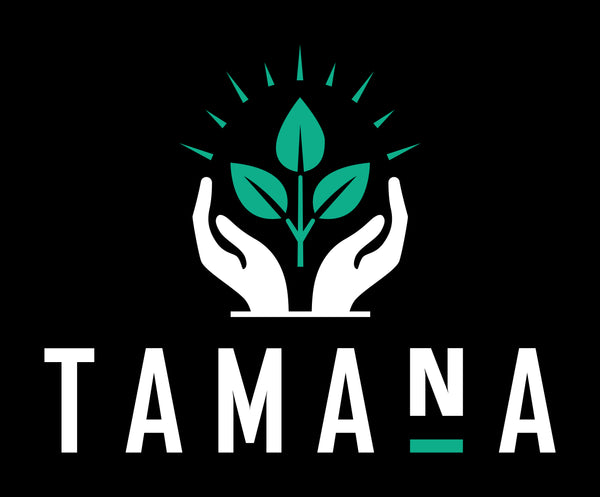
The Healing Bean: How Coffee Has Shaped Medicine
The Healing Bean: How Coffee Has Shaped Medicine
Coffee, one of the world’s most popular beverages, has a history that’s intricately tied to the development of medicine and health practices. Beyond being a pick-me-up for billions, coffee has played a pivotal role in shaping the way we understand the human body, treat illnesses, and manage our overall health. Its journey through medicine spans ancient traditions, scientific breakthroughs, and modern health discoveries. Let’s take a deep dive into how coffee has helped shape the world of medicine.
1. The Origins: Coffee as Medicine
Before coffee became the energizing drink we know today, it was primarily regarded for its medicinal properties. In Ethiopia and Yemen, where coffee cultivation began, the seeds and leaves of the coffee plant were used in traditional healing remedies.
• Coffee was believed to relieve fatigue and improve digestion.
• Ancient healers often brewed coffee with spices to create tonics for various ailments.
In the Islamic world, coffee was praised for its ability to enhance focus and mental clarity. Sufi monks, in particular, used it to maintain alertness during spiritual practices.
2. The Stimulating Discovery: Caffeine and the Central Nervous System
The discovery of caffeine in the 19th century marked a turning point in medicine. Researchers identified it as a central nervous system stimulant capable of enhancing focus, reducing drowsiness, and improving mood. This led to coffee’s integration into several medical applications:
• Headache and Migraine Relief: Caffeine became a key ingredient in over-the-counter pain relievers due to its ability to constrict blood vessels and reduce inflammation.
• Respiratory Conditions: The stimulating effect of caffeine was found to alleviate breathing difficulties in conditions like asthma.
• Mental Health and Alertness: Doctors recommended coffee to combat fatigue in patients with depression or chronic illnesses.
3. Coffee in Disease Prevention
Scientific studies in the 20th and 21st centuries revealed coffee’s protective role against certain chronic diseases. Regular coffee consumption has been linked to reduced risks of:
• Type 2 Diabetes: Coffee contains antioxidants and compounds that improve insulin sensitivity.
• Liver Diseases: Coffee drinkers have a lower incidence of liver conditions like cirrhosis and liver cancer.
• Parkinson’s and Alzheimer’s Diseases: Coffee’s neuroprotective properties may delay or reduce the risk of these conditions by protecting brain cells.
These discoveries have positioned coffee as more than just a beverage—it’s now considered part of a healthy diet in moderation.
4. Coffee and Medical Research
Coffee’s complex chemistry has made it a focal point in research on bioactive compounds. Over 1,000 compounds are found in coffee, and many exhibit antioxidant, anti-inflammatory, and antimicrobial properties.
• Researchers are investigating coffee’s role in gut health and its potential to promote a balanced microbiome.
• Compounds like chlorogenic acids in coffee are being studied for their cancer-fighting properties.
Furthermore, coffee’s pharmacological effects have made it an important subject in the development of medications, particularly those involving brain and liver health.
5. Coffee and Modern Medicine
Coffee remains an integral part of healthcare practices today. It is particularly valued in fast-paced medical environments where long hours and intense focus are required.
• For Healthcare Professionals: Coffee fuels nurses, doctors, and surgeons during long shifts, helping them stay sharp and alert.
• For Patients: Coffee is sometimes recommended to improve bowel function post-surgery, particularly after abdominal procedures.
The coffee industry itself has supported medical research, funding studies into diseases that its compounds may help prevent or treat.
6. Coffee’s Role in Public Health Movements
In many cultures, coffeehouses became gathering places not only for conversation but also for health-focused initiatives.
• In Europe, the introduction of coffee in the 17th century coincided with improved hygiene and public health, as people switched from unsanitary water to boiled coffee.
• Coffee fueled discussions among scientists, philosophers, and physicians, fostering medical advancements during the Enlightenment period.
7. A Modern Perspective: Sustainability and Health
Today, as coffee farming adapts to sustainable practices, the link between coffee and medicine is expanding to include global health initiatives:
• Ethical coffee farming supports healthier communities by providing resources for education, sanitation, and healthcare.
• By preserving coffee’s biodiversity, we ensure future generations can continue to explore its medicinal potential.
Tamana Coffee: Honoring Coffee’s Medicinal Legacy
Just as coffee has a long history of nurturing health and well-being, Tamana Coffee seeks to honor this legacy through sustainably sourced, high-quality beans. Inspired by the Caribbean’s lush landscapes, our coffee delivers both the joy of flavor and the potential for better health through our broader vision of the Tamana Wellness Center.
Whether you’re a student cramming for finals, a healthcare worker on the night shift, or simply someone seeking a warm moment of calm, Tamana Coffee is there to energize and uplift you, continuing coffee’s centuries-old role as a silent, life-enhancing partner.
Discover how Tamana Coffee blends tradition, health, and sustainability into every cup. Explore our offerings today.
